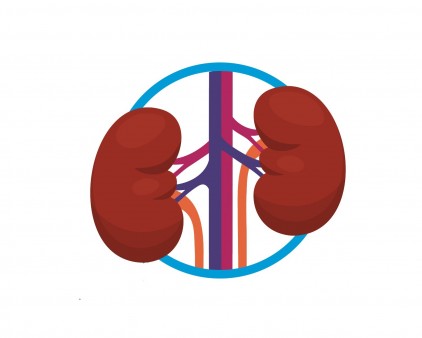People with HIV who have low kidney function are at higher risk for cardiovascular disease. This includes having a heart attack, stroke, invasive cardiovascular procedures or suddenly dying from a heart-related cause. Part of the increased risk is tied to getting older, but aging doesn’t tell the whole story.
Researchers pored over data on more than 35,000 people living with HIV in Europe, Australia and the United States who had at least two estimated glomerular filtration rate tests conducted between 2004 and 2015. The eGFR, as the test is known, helps to determine how well the kidneys are functioning.
The participants were followed for a median eight years. During that time, 1,357 of the participants experienced cardiovascular disease, meaning that the disease occurred among about 1 in 200 people each year.
After controlling the data for the participants’ age, the researchers found that while getting older accounted for some of the increased risk of cardiovascular disease, the link between low kidney function and heart disease was still strong. For those with an eGFR of less than 80, the risk of cardiovascular disease was an estimated 30 to 40 percent greater compared with those with higher kidney function. Individuals with an eGFR below 30 had a three-fold greater risk of cardiovascular disease.
“Individuals living with HIV are known to be at higher risk of kidney impairment,” says Lene Ryom, MD, PhD, a postdoctoral fellow at Rigshospitalet at the University of Copenhagen and the study’s lead author. “Hence awareness of the potential risk factors are crucial, in addition to attending regular [health care] visits where screening for kidney impairment should be part of the routine for all HIV-positive individuals.”







Comments
Comments